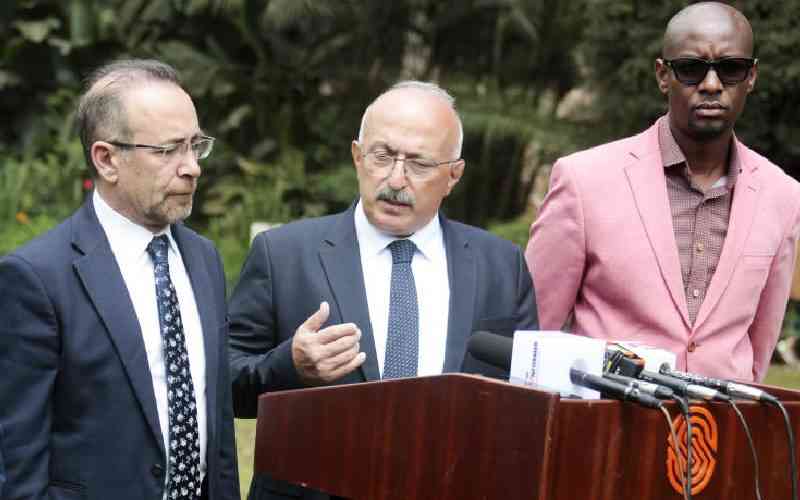×
The Standard e-Paper
Smart Minds Choose Us

Competition for the manufacture of construction materials is expected to intensify following the entry of a new player in the local market.
This follows the ground-breaking ceremony for the construction of six factories at the Naivasha Special Economic Zone (SEZ), among them one specialising in Turkish ceramic, granite and tiles.